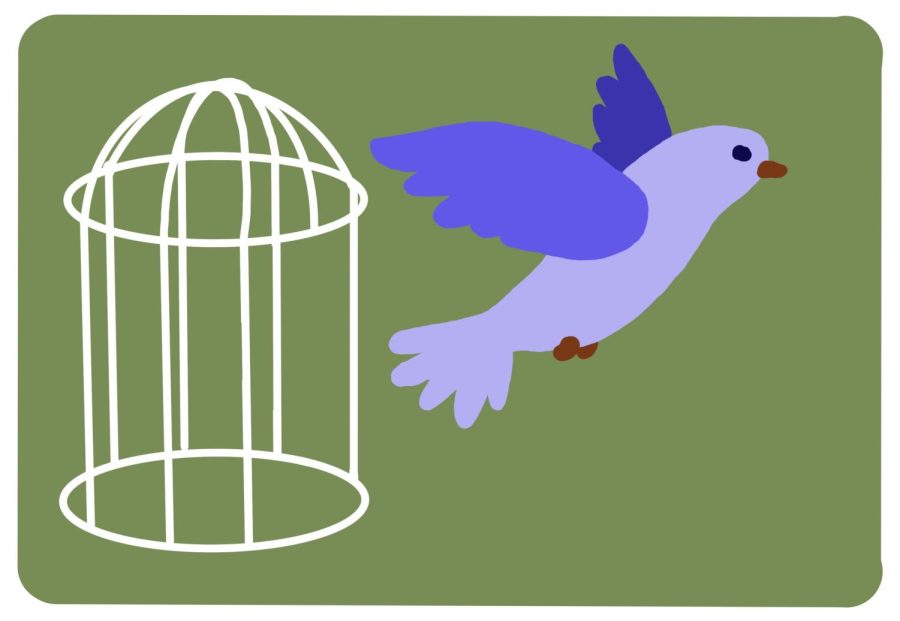The Incarceration System Should Go
July 20, 2023
The establishment of prisons has long been used to control and confine individuals by their race, as well as to insulate the most powerful from accountability. The systemic aspect of incarceration has not only disproportionately affected people of color and others from marginalized communities, but is also a contributing factor to white supremacy.
According to The Sentencing Project, Black men are six times as likely to be incarcerated as white men. Many wonder why there is such a huge discrepancy between the two. Although there are a wide range of reasons—such as the war on drugs, redlining, and the wealth gap—racial inequity still thrives in America, as white America successfully continues to profit off of the economic and racial disparities of people of color. Therefore, a system so heavily tied and ingrained in white supremacy enables it, and will continue to flourish until dismantled. Within this system, the only way the US must dispose of oppressive structures rooted in white supremacy is to dismantle them fully, including abolishing prisons.
Prison abolition is a fundamental objective that envisions a future free of prisons, employing transformative justice ideas to move toward a society where individuals can help and rehabilitate themselves rather than focusing on punishment and government institutionalization.
An article from Business Insider states, “The more institutionalized a system, the harder it is for incarcerated people to thrive when released.” An institution built on abusive power dynamics, fueled by isolation and control, is ineffective in creating individual or societal change. It does nothing to provide the necessary support and rehabilitation for someone who has been harmed.
It is significant to acknowledge that the majority of individuals in prison are not serial killers. Those instances are used to instill punitive emotions in the public, while disregarding the underlying objective and impact of the system on the oppressed. Many Black and other marginalized communities who are victims of interpersonal violence are also victims of governmental violence. This manifests itself in the form of police, employment, healthcare, and judicial systems.
Many BIPOC individuals have no desire to alter a white supremacist system that was created with the intent of oppressing, manipulating, and aiding the murder of the disadvantaged; where reforms have only served to increase criminalization and reinforce an industrial complex whose survival depends on it. Individuals who have committed acts of violence will not be motivated to change if they are imprisoned and subjected to greater abuse in facilities, including sexual and physical attacks by prison staff. Without a change in the system, this unfair dynamic will persist as long as the state has the authority to reject anyone’s human rights. In all, prisons are an unnecessary oppressive institution that does absolutely nothing but perpetuate more crime. Prisons foster recidivism, and instead, they should be replaced by initiatives to rehabilitate and reintegrate prisoners back into society.
This piece also appears in our May/June 2023 print edition.











